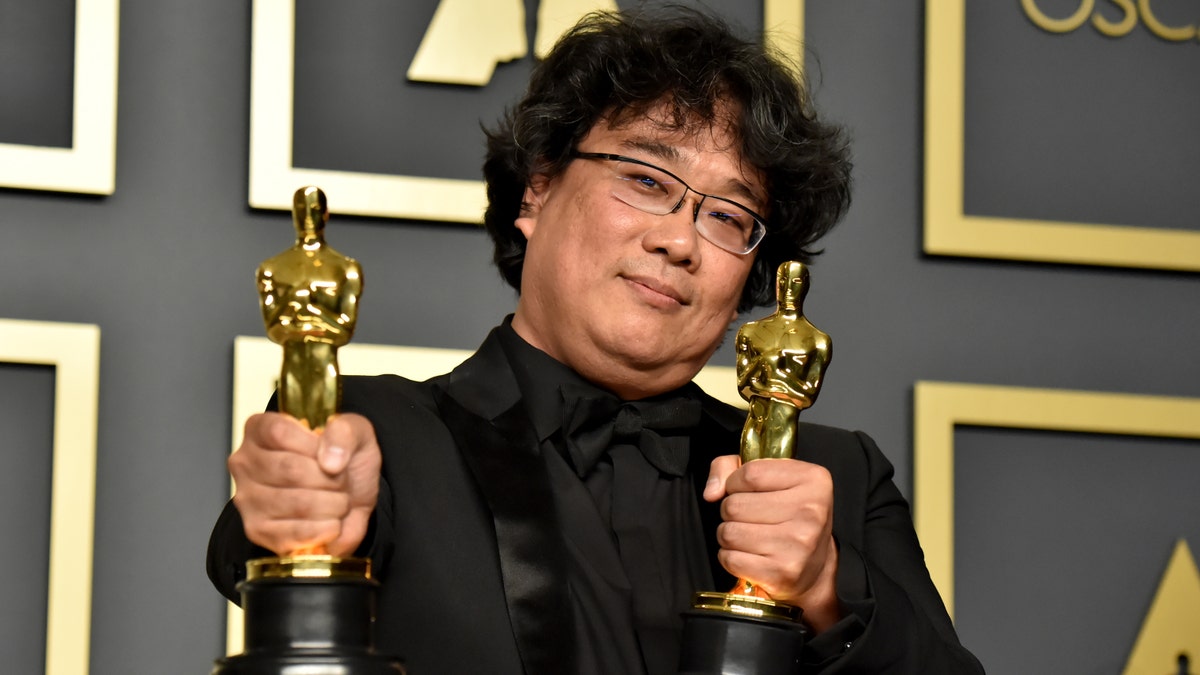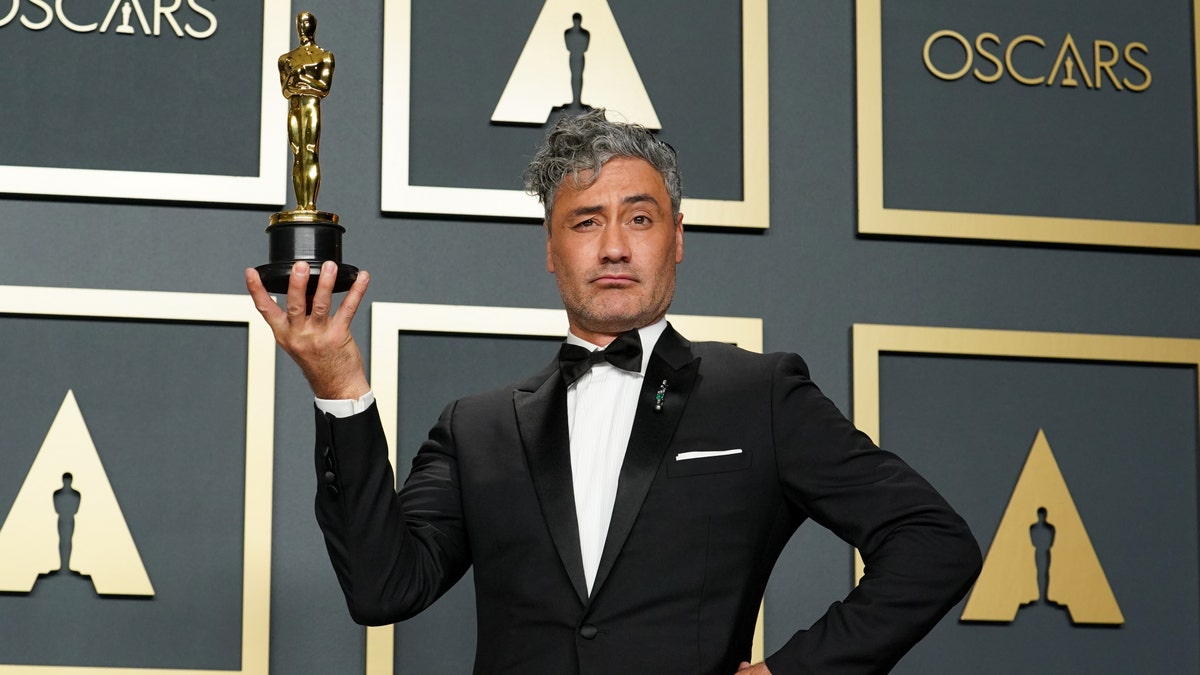Fox News Flash top entertainment headlines for September 8
Fox News Flash top entertainment and celebrity headlines are here. Check out what's clicking today in entertainment.
The Academy of Motion Picture Arts and Sciences has announced a set of requirements for films to be awards-eligible in an effort to increase representation and inclusion in Hollywood.
Just before the #OscarsSoWhite controversy's fifth anniversary, the Academy is limiting Best Picture award nominees -- beginning with 2024's slate of entries -- to those that can meet requirements that "encourage equitable representation on and off screen" by ensuring more people of color fill positions on a film set from the starring role to interns and everything in between, as outlined in a press release published online.
To be eligible for the award in 2022 and 2023, productions must submit a confidential Academy Inclusion Standards form, however, meeting the thresholds will not yet be a concrete requirement.
OSCARS EXPANDS BEST PICTURE CATEGORY AND SETS NEW RULES FOR DIVERSITY AND INCLUSION
"Academy governors DeVon Franklin and Jim Gianopulos headed a task force to develop the standards that were created from a template inspired by the British Film Institute (BFI) Diversity Standards used for certain funding eligibility in the UK and eligibility in some categories of the British Academy of Film and Television (BAFTA) Awards, but were adapted to serve the specific needs of the Academy," explained the release. "The Academy also consulted with the Producers Guild of America (PGA), as it presently does for Oscars eligibility."

The Academy of Motion Picture Arts and Sciences has announced a new set of eligibility rules for the best picture category designed to foster more inclusion and representation. (Photo by Danny Moloshok/Invision/AP, File) (AP)
All other award categories will be held to their current eligibility requirements.
Submissions to the best picture category from other entries such as "animated feature film, documentary feature [or] international feature film" will be evaluated separately.
Two of the four following standards must be met in order to qualify for eligibility for the best picture award beginning with the 96th Oscars.
OSCARS CEREMONY DELAYED TO APRIL 2021 DUE TO CORONAVIRUS
On-screen representation, themes and narratives
The first requirement requires that at least one of the following criteria be met, including hiring "at least one of the lead actors or significant supporting actors" that belongs to a marginalized population -- Asian, Hispanic/Latinx, Black/African American, Indigenous/Native American/Alaskan Native, Middle Eastern/North African, Native Hawaiian or other Pacific Islander or another "underrepresented race or ethnicity."
Similarly, 30% or fewer "secondary and more minor roles" must be occupied by women, people in the LGBTQ+ community or a "racial or ethnic group," as well as those "with cognitive or physical disabilities, or who are deaf or hard of hearing."
The first standard also requires that storylines focus on the same underrepresented groups.

2020 was a landmark year for the Oscars when Bong Joon Ho's 'Parasite' took home the award for best picture. (Getty)
Creative leadership and project team
This standard dictates that a number of behind-the-scenes professionals must come from such underrepresented populations as well.
At least two "creative leadership positions and department heads" must be filled by those belonging to underrepresented groups, including the "casting director, cinematographer, composer, costume designer, director, editor, hairstylist, makeup artist, producer, production designer, set decorator, sound, VFX supervisor and/or writer."
WHAT THE 2020 OSCAR WINNERS ARE DOING NEXT
Additionally, at least six other crew positions must be filled by those belonging to underrepresented groups. Such "positions include but are not limited to first AD, gaffer, script supervisor" and more. Production assistants are excluded.

Writer-director-actor Taika Waititi of Māori descent was 2020's winner of best adapted screenplay for 'Jojo Rabbit.' (Photo by Rachel Luna/Getty Images)
Industry access and opportunities
"The major studios/distributors are required to have substantive, ongoing paid apprenticeships/internships inclusive of underrepresented groups ..." the release explained.
Such positions must be available in several departments: Production/development, physical production, post-production, music, VFX, acquisitions, business affairs, distribution, marketing and publicity.
"Mini-major or independent studios/distributors" are required to have two such apprenticeships or internships in the "production/development, physical production, post-production, music, VFX, acquisitions, business affairs, distribution, marketing [or] publicity" departments.
CLICK HERE TO GET THE FOX NEWS APP
Additionally, the film's "production, distribution and/or financing company" must offer "training and/or work opportunities for below-the-line skill development" to people belonging to underrepresented populations.
Audience Development
Perhaps the most straightforward, but demanding, of the standards, "audience development" requires a studio or company to have "multiple in-house senior executives from" the outlined underrepresented groups.






















